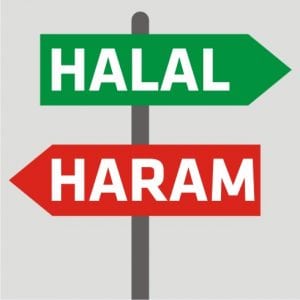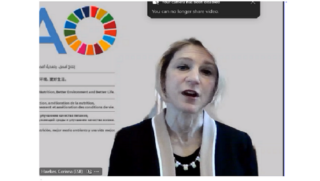By Arno Maierbrugger | Special to Gulf News Focus
Halal food has become a global trend, and not just for religious reasons — it is seen as a cultural statement and is connected to a healthy lifestyle and the welfare of animals.

- Image Credit: Corbis
- Supermarkets and grocery stores in France, like in other parts of the world, offer a wide variety of halal food including local specialities
In line with the rise of the Islamic economy as a whole, halal food consumption is growing rapidly worldwide. The industry has a 16 per cent market share of the total global food industry, with Asia, Africa and Europe accounting for 63 per cent, 24 per cent and 10 per cent respectively, according to a recent research and markets study. Given the fact that the global Muslim population — currently about a quarter of the world population — is also growing at a steady pace and the Muslim middle class is becoming more affluent, there is still a huge potential for halal food.
Shepherd’s pie goes halal
A number of non-Muslim countries and multinational food producers have discovered the importance of halal food, adding new products to the shelves and restaurants that offer everything from halal hot dogs and burgers to shepherd’s pie and sushi.
In Japan, where the halal food culture has already developed into a popular niche segment, the Japan Halal Association accredited last year a Nagano-based miso paste company to produce the world’s first halal miso paste, one of the most common ingredients in traditional Japanese cuisine. Apart from that, the University of Tokyo recently introduced menus that contained certified-halal food such as zaru soba noodles, a popular summer dish in Japan, and stewed udon, spicy noodles eaten with lamb or chicken.
Hind Hitomi Remon, Director, Japan Halal Association, says, “These halal certifications enable Japanese cuisine to be welcomed in Muslim countries and encourage other Japanese producers to explore possibilities in the halal industry.”
Thailand, the country with arguably one of the most popular food cultures worldwide, has also embarked on the halal trend. There are numerous halal restaurants in Bangkok and most of the tourist destinations in the country. It has become so popular that one of the country’s most important industry events, Phuket Halal Expo, held in May this year, saw a record 300 representatives from global halal-related organisations engaging in various seminars that focused on product innovations.
“Halal food currently accounts for 20 per cent of Thailand’s global food exports, but supply is inadequate to meet demand for the growing Muslim population,” Associate Professor Winai Dahlan, Director, Chulalongkorn University’s Halal Science Center in Bangkok, tells GN Focus. “The industry will also need new products to expand its reach further.”
Foie gras too
Western countries with a large Muslim population are also tapping the market. In the UK, halal meat and sausages are available at big supermarket chains such as Tesco, and others have introduced halal baby food or organic halal food. Some chicken fast-food chains in the UK only serve halal chicken.
In France, the European country with the largest Muslim population, supermarkets and grocery stores also offer a wide variety of halal food including French specialities such as foie gras. In Germany, the number of halal-only food companies is growing steadily, producing salami, bologna and other popular sausages strictly following halal standards.
According to the Federal Association of German Food Retailers, the halal food industry has become larger in terms of revenue than the organic food segment and has become “an important pillar of business”.
Multinational food producers also have a number of halal products in the market, but their problem is that there is no harmonised global halal food standard, which makes it difficult to sell the same halal product globally.
“It is estimated that there are currently around 122 active halal certification bodies around the world, including local government departments that have taken charge of halal certification,” says Dr Evangelia Komitopoulou, Global Food Certification Manager, SGS, a Switzerland-based certification company. “Each country is attempting to establish itself as the global hub for halal certification based on its own national and regional interests.”
In a bid to harmonise global halal standards, the Organisation of Islamic Cooperation (OIC) in 2012 appointed the UAE to produce a unified standard that could be applied across all 57 Islamic countries within three years. If such a standard were introduced, it would certainly give the global halal food industry another strong boost.



